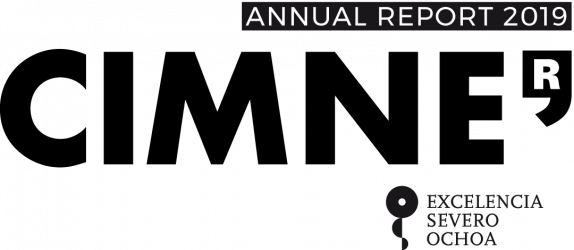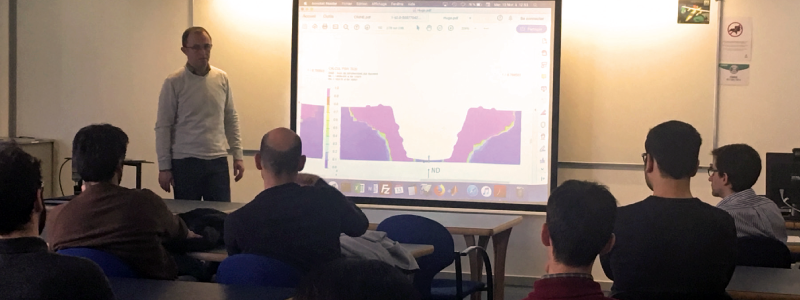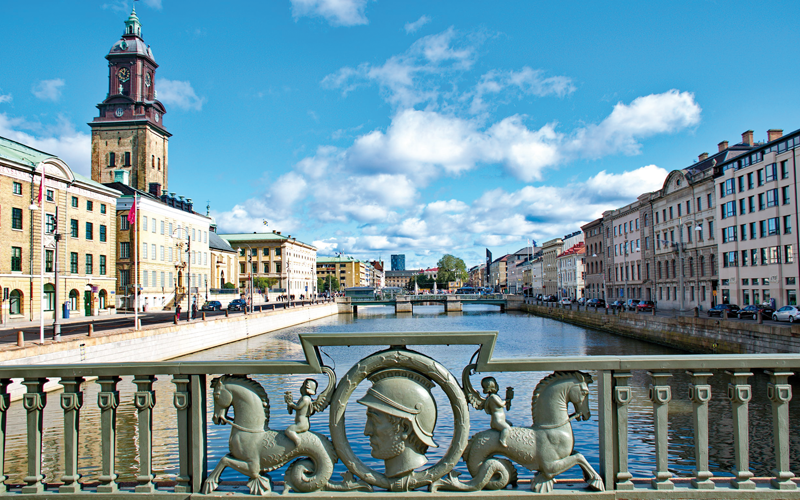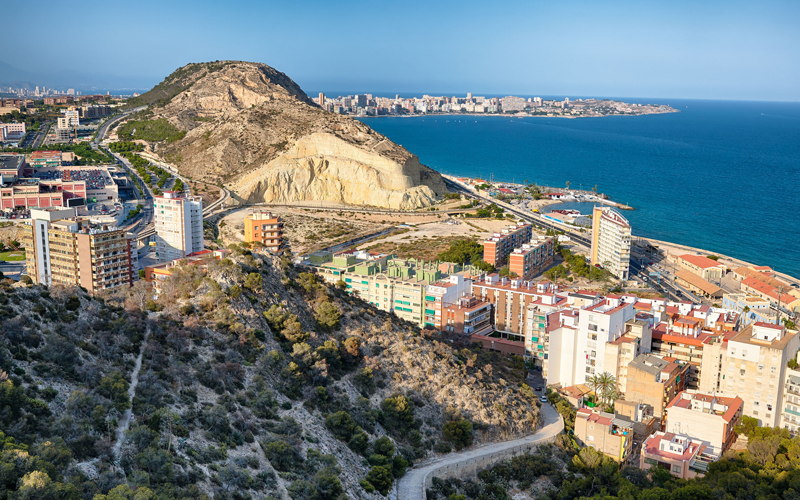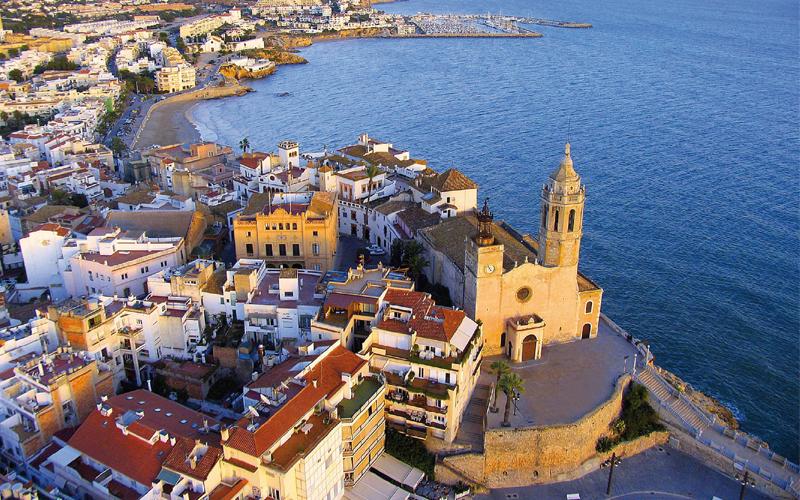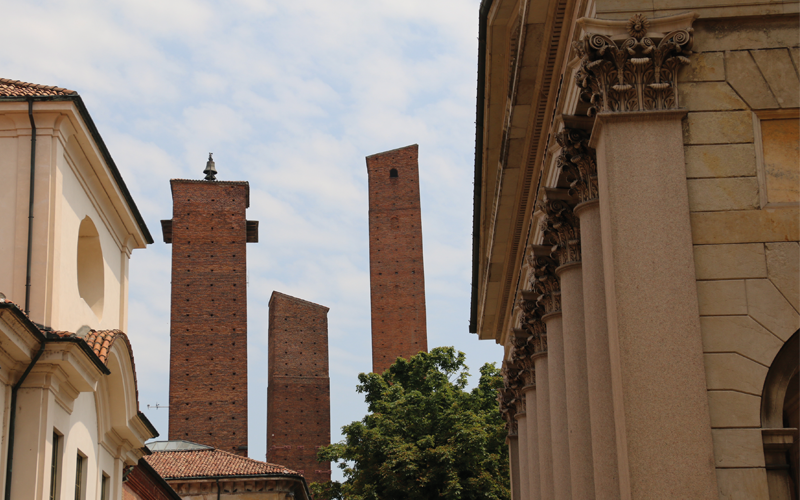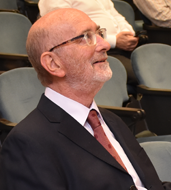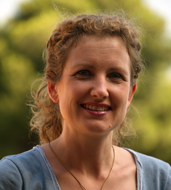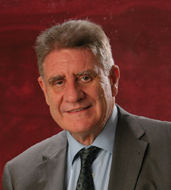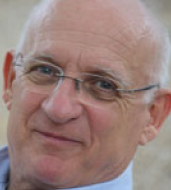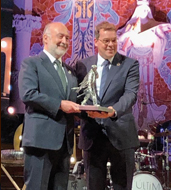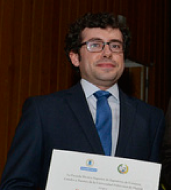CIMNE Coffee Talks in 2019
Large scale simulations of 3D geophysical flows
Nicola Germano, University of Chieti-Pescara, Italy; and Simon Wenczowski, Technical University of Munich, Germany – 25/02/2019
Fatigue in Composites
Joel Jurado, CIMNE, Spain – 11/03/2019
Digital Twins in Structural Engineering Classrooms
Rolando Chacón Flores, Technical University of Catalonia, Spain – 20/03/2019
The history of CIMNE, a personal vision
Eugenio Oñate, CIMNE/ Technical University of Catalonia – 03/04/2019
Construction of general multiscale methods using dimensionality reduction
Joaquín A. Hernández, CIMNE/ Technical University of Catalonia – 30/04/2019
Introduction to GiT – practical course for beginners
Javi Gárate, CIMNE – 14/05/2019
Numerical and experimental procedure for damage identification on railway bridges
Pablo Sierra, CIMNE – 15/05/2019
Quasi-zero-thickness interface elements in Kratos
Ignasi de Pouplana, UPC/CIMNE, Spain – 29/05/2019
Bridging the gap between social sciences and civil engineering
Irene Josa, Technical University of Catalonia, Spain – 12/06/2019
Transport engineering and urban planning: design of public transport networks in a concentric city
Marcos Medina, CONICYT, Chile – 10/07/2019
InfoDay Call “Retos Colaboración 2019”
Project Management Department, CIMNE – 09/10/2019
Mixed finite element modeling of quasi-brittle cracks under monotonic and cyclic loading with enhanced accuracy
Gabriel Barbat, Technical University of Catalonia – 31/10/2019
Reduce Order Modelling with Application to Thermal Problems in Kratos Multiphysics
Jose Raúl Bravo, CIMNE – 13/11/2019
Scalable distributed asynchronous Monte Carlo workflow design
Riccardo Tosi, CIMNE – 27/11/2019
Simulating viscoelastic fluid flows with high Weissenberg number using a VMS stabilized formulation
Laura Moreno, CIMNE/ Technical University of Catalonia – 11/12/2019
CIMNE Seminars in 2019
Computational Methods for Multiphysics Problems
Eric Feulvarch, National Engineering College, Saint Etienne (France) – 13/02/2019
hp-Adaptivity for Dummies
David Pardo, Ikerbasque, the University of the Basque Country UPV/EHU and Basque Center for Apllied Mathematics (BCAM), Bibao (Spain) – 19/02/2019
Computational Material Design (CMD). Research lines of the CMD group at CIMNE
Xavier Oliver, UPC/CIMNE, Barcelona (Spain) – 13/03/2019
Multiscale, Multi-phase Modelling of Proton Exchange Membrane Fuel Cells
Marc Secanell, University of Alberta, Edmonton (Canada) – 24/4/2019
Strategies for Improving Yard Performance at Container Marine Terminals
Sergi Saurí, UPC/CENIT, Barcelona (Spain) – 8/5/2019
Computational Flexoelectricity
Irene Arias, ICREA (LaCàN)/CIMNE, Barcelona (Spain) – 22/5/2019
FreeFem ++ a toolbox to do solve PDE
Frederic Hecht, Université Pierre et Marie Curie, Paris (France) – 6/6/2019
Peridynamic, a simple yet powerful method for multi-physics problems involving crack nucleation and progation
Farshid Mossaiby, University of Isfahan, Isfahan (Iran) – 19/9/2019
Data-Driven Engineering Modeling: Is it a Reinvention of Old Techniques or a Genuine New Paradigm
K. C. Park, University of Colorado, Colorado (Canada) – 15/10/2019
Recent Developments on reduced order modeling for flow mechanics
Joan Baiges, CIMNE, Barcelona (Spain) – 23/10/2019
Kratos Multiphysics time line
Pooyan Dadvand, UPC, Barcelona (Spain) – 6/11/2019
Modelling of machining with PFEM
Josep M. Carbonell, University of Vic, Vic (Spain) – 20/11/2019
Last advances of the PFEM for coupled problems
Alessandro Franci, UPC/CIMNE, Barcelona (Spain) – 4/12/2019

